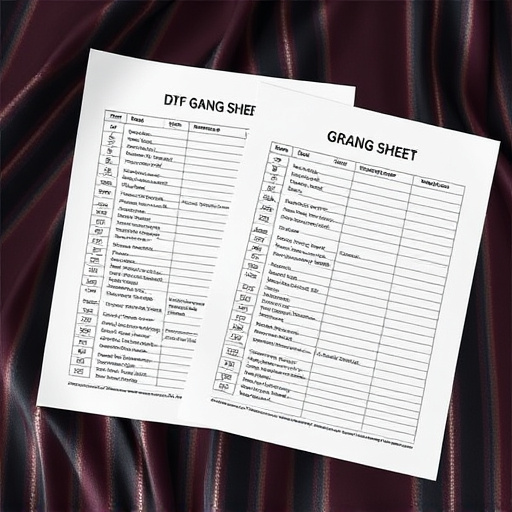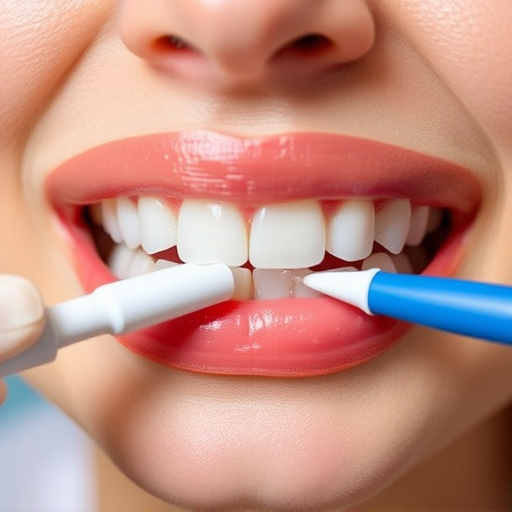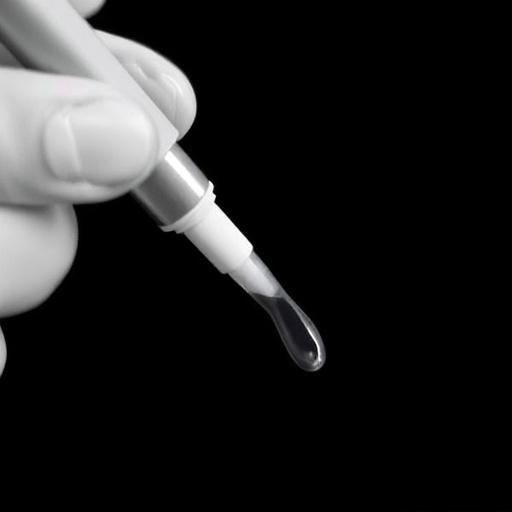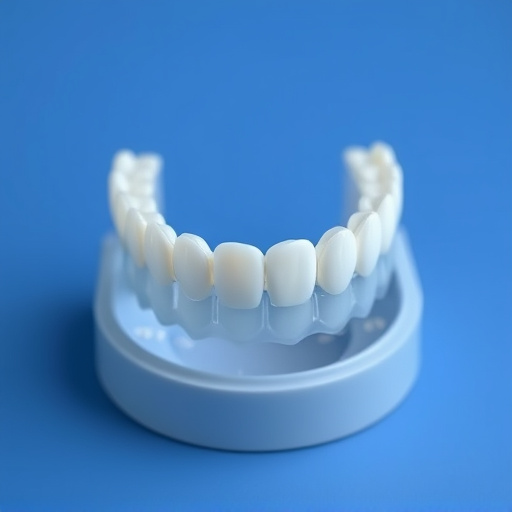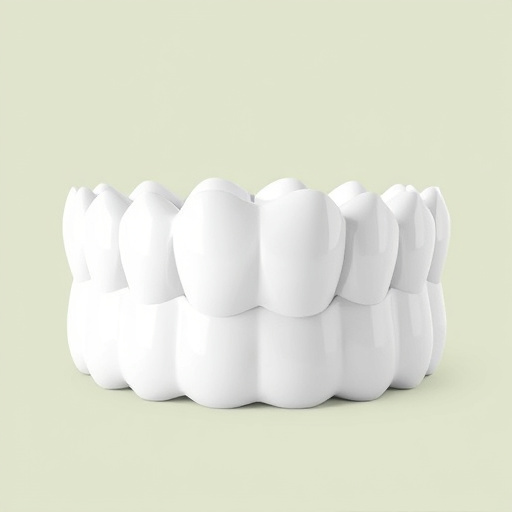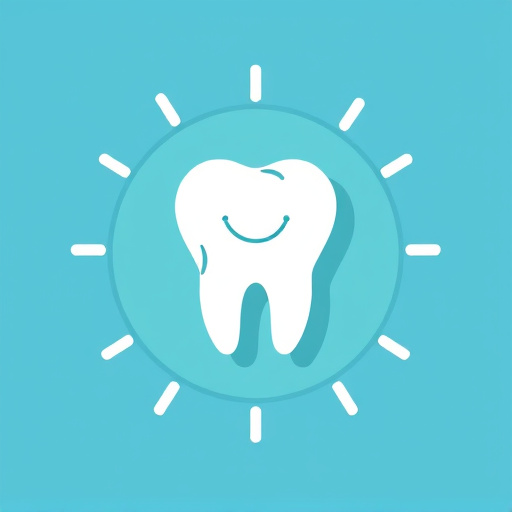Dental sealants for teeth are a proactive, non-invasive solution preventing tooth decay by sealing pits and grooves with clear coatings, reducing bacteria and food debris buildup, and minimizing cavity risk compared to traditional fillings or restorative procedures. Ideal for children and teens, they complement oral hygiene practices and preserve natural tooth structure in family or general dentistry settings.
Dental sealants for teeth are an effective, preventive measure against cavities and tooth decay. This protective coating, applied to the chewing surfaces of back teeth, creates a barrier against bacteria and food particles. By sealing out plaque, dental sealants significantly reduce the risk of developing cavities, eliminating the need for costly fillings. This article explores the science behind sealants, their benefits compared to traditional fillings, and why they’re becoming a popular choice for maintaining oral health.
- Understanding Dental Sealants: A Protective Barrier
- How Sealants Prevent Cavities and Tooth Decay
- Benefits of Sealants Over Traditional Fillings
Understanding Dental Sealants: A Protective Barrier

Dental sealants for teeth are a preventive measure that creates a protective barrier against bacteria and food particles. They are typically applied to the chewing surfaces of back teeth, where decay is most likely to start. These clear or white coatings adhere to the tooth’s enamel, filling in pits and grooves, thus preventing plaque buildup and acid erosion. By acting as a physical shield, dental sealants for teeth significantly reduce the risk of developing cavities and, in turn, minimize the need for emergency dental care or more extensive tooth repair procedures.
Understanding dental sealants’ role in maintaining oral health is essential. Unlike dental bonding, which involves repairing damaged or broken teeth, sealants are proactive. They don’t fix decayed areas but rather protect healthy enamel. This preventive approach not only saves time and money in the long run but also promotes overall oral well-being by keeping cavities at bay.
How Sealants Prevent Cavities and Tooth Decay

Dental sealants for teeth are a highly effective preventive dentistry solution, especially for children’s dentistry. They act as a protective barrier on the chewing surfaces of back teeth, where cavities often start. By sealing out bacteria and food debris, these thin, hard-wearing coatings prevent tooth decay. This is particularly important as these areas are difficult to clean with a toothbrush.
Unlike fillings that treat existing cavities, sealants focus on protection and prevention. They reduce the risk of future cavities by blocking the tiny pits and crevices where plaque can accumulate. This simple yet powerful method is an essential part of maintaining good oral health and can even extend the lifespan of teeth, complementing other preventive dentistry measures like regular brushing and flossing, and sometimes even clear aligners for added protection.
Benefits of Sealants Over Traditional Fillings

Dental sealants for teeth offer a host of benefits over traditional fillings when it comes to cavity prevention. One of the key advantages is their ability to protect vulnerable areas of the tooth, such as the chewing surfaces and pits, where bacteria can easily accumulate. Unlike fillings that require drilling and removal of healthy tooth structure, sealants are applied as a clear or white coating, preserving more of the natural tooth.
Another advantage of dental sealants for teeth is their effectiveness in preventive dentistry. By sealing out decay-causing bacteria and food particles, sealants significantly reduce the risk of cavities forming. This makes them particularly beneficial for children and teens, but adults can also benefit from this simple, non-invasive procedure in a family dentistry or general dentistry setting.
Dental sealants for teeth offer a proactive approach to oral care, acting as a protective barrier against plaque and bacteria. By sealing the deep pits and grooves of molars and premolars, these sealants prevent cavities and tooth decay before they start. Compared to traditional fillings, sealants provide long-lasting protection with minimal intervention, making them a beneficial option for maintaining optimal dental health.


